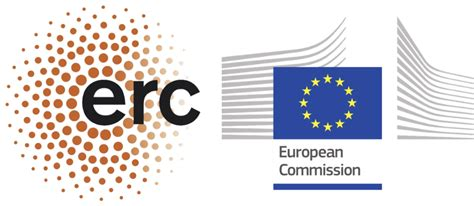
FloWAS – Flows, Waves, and their Asymptotic Stability
Summary: Equations of waves and flows are used extensively in physics and biology, to describe phenomena ranging from the flow past an airfoil, to the collective motion of cells and to the motion of water surface. A major issue is to explain how the propagation through space and the concentration to various scales can emerge from these mathematical models. Fundamental progress have been made since the beginning of the millenium around the role played by specific solutions that either propagate or shrink while keeping the same shape, such as solitary waves for example. These specific solutions are the key to understand the global dynamics. The goal of this project is to push forward the current knowledge on their stability, their emergence over time, and the dynamics they are responsible in several equations. The FloWAS project will study seemingly unrelated models, whose solutions in fact display remarkably close behaviours. First, we aim at describing how a thin layer of fluid can detach off a boundary and be ejected away in a stream. This is a key phenomenon to understand the drag exerted on moving objects. For this we will study singular solutions of the unsteady Prandtl system of fluid mechanics. Second, we will study concentration phenomena arising in the movement of bacteria. For that we will consider nonlinear structures appearing in the Keller-Segel system: how they can collapse, and how they can interact. Third, we will consider how, from initially disordered wave packets, order appears over time and traveling waves emerge. This study will be made on the critical wave equation. Applications to weak wave turbulence will be pursued. Describing all these phenomena lies at the frontier of current research, and we expect applications to a wide range of models.
Organisation: The principal investigator of the project is Charles Collot. He is surrounded by a team of international experts to carry out the project. This grant will fund 2 postdoctoral positions of 3 years each to work on the project. 2 PhD students will join the team. Conferences, research trips, and invitations of international experts to the AGM laboratory will be funded by the grant.



